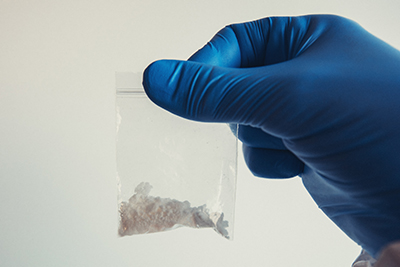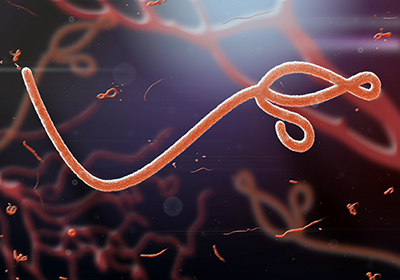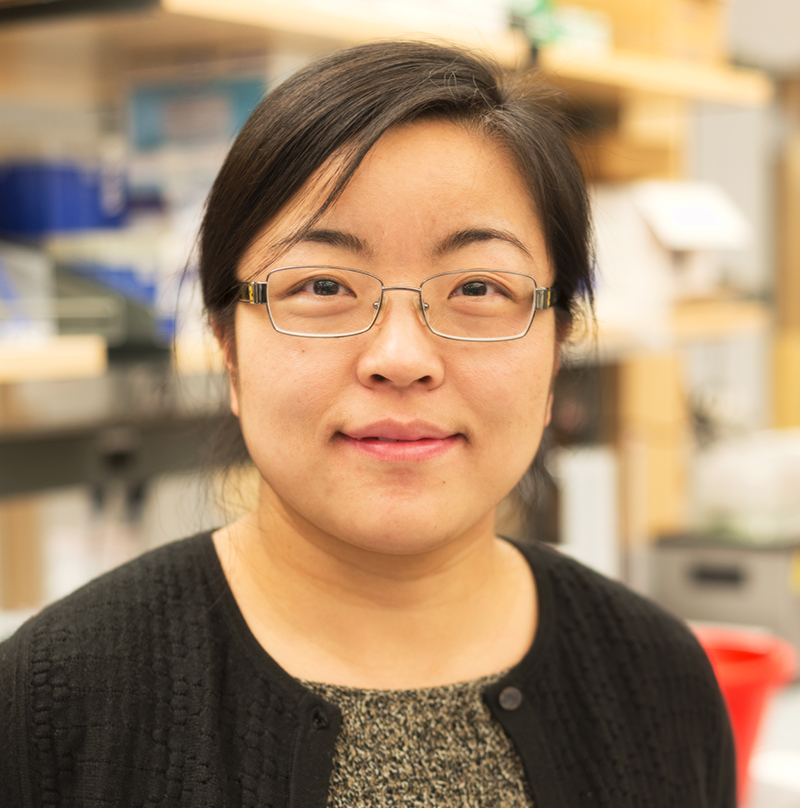Stephen Doster
-

-

‘Tuning’ cell shape for division
Apr. 16, 2020, 1:00 PM by Leigh MacMillan Mechanical properties of the cell cortex — a thin network of actin filaments under the cell membrane — regulate shape changes during cell division, cell migration and tissue development. Two forms of the molecular motor myosin-II participate in organizing and remodeling the… Read MoreApr. 17, 2020
-

Research team awarded $9 million to study extracellular RNA in colorectal cancer
Apr. 9, 2020, 10:52 AM The extracellular RNA in colorectal cancer team includes, from left, Jeffrey Franklin, PhD, Yu Shyr, PhD, Qi Liu, PhD, Alissa Weaver, MD, PhD, James Higginbotham, PhD, and James Patton, PhD. Not pictured: Robert Coffey, MD, Kasey Vickers, PhD, and John Karijolich, PhD. (photo by Erin… Read MoreApr. 14, 2020
-

An ounce of prevention is worth two pounds of cure
https://cdn.vanderbilt.edu/t2-main/medschool-prd/wp-content/uploads/sites/101/2020/04/Goldenring_Website-1.mp4 By Sarah Glass Gastric cancer is one of the leading causes of cancer death in the U.S. © Crystal light, stock.adobe.com Clocking in at two pounds, the stomach is one of the body’s heaviest internal organs and can become afflicted with one of the leading causes of… Read MoreApr. 10, 2020
-

Lowering the dose of key medicine can reduce stress-induced relapse
https://cdn.vanderbilt.edu/t2-main/medschool-prd/wp-content/uploads/sites/101/2020/04/Winder_website.mp4 By Sohini Roy Despite stringent regulation under the Controlled Substances Act, cocaine use disorder is widespread throughout the United States. © Bits and Splits, stock.adobe.com Cocaine is a highly addictive stimulant that is frequently abused in the United States despite stringent regulation under the Controlled Substances Act. Read MoreApr. 3, 2020
-

Late-night meals may reduce how much fat your body burns at night
https://cdn.vanderbilt.edu/t2-main/medschool-prd/wp-content/uploads/sites/101/2020/04/Johnson_website.mp4 By Heather Caslin Late-night snacks or meals affect how much fat we burn while we sleep, but the long-term effects on weight gain and health are not yet clear. © Pixel-Shot, stock.adobe.com Regulation of the body’s metabolism ensures that all organs receive the nutrients necessary for proper… Read MoreApr. 3, 2020
-

Long-distance recruiting 101
Online recruiting goes viral in the wake of COVID-19. By ake1150, Stock.Adobe.com By Lorena Infante Lara Faculty recruitment in the biosciences is a normal part of life at academic institutions. Candidates visit campuses, meet with faculty in the department they intend to join, interact with students, and, most importantly, present… Read MoreApr. 1, 2020
-

Online dissertation defenses highlight student adaptability
By Nataliya Kalabina, stock.adobe.com. By Kendra H. Oliver Over the past few weeks, the Basic Sciences community has witnessed the successful defenses of six of its students. They demonstrated remarkable adaptability and professionalism in these uncertain times as they shared their research with virtual crowds topping out near 200 viewers for… Read MoreApr. 1, 2020
-

Two is Better Than One: Combatting the Ebola Virus
https://cdn.vanderbilt.edu/t2-main/medschool-prd/wp-content/uploads/sites/101/2020/03/Crowe_Website.mp4 By Sarah Glass Microscopic view of the Ebola virus. (jaddingt, stock.adobe.com) Many people associate Ebola with the previous viral epidemic of the last decade, but, especially in light of the current global SARS-CoV-2 pandemic, few are aware that there is currently an active outbreak occurring in the… Read MoreMar. 26, 2020
-

Cellular factor helps package flu genome
Mar. 23, 2020, 8:00 AM by Leigh MacMillan The influenza virus RNA-nucleoprotein complexes are shown in green. (CDC/Dan Higgins) The viral genome of influenza A — the primary cause of seasonal flu epidemics — is composed of eight RNA segments that are each encapsulated by many copies of viral nucleoprotein… Read MoreMar. 26, 2020